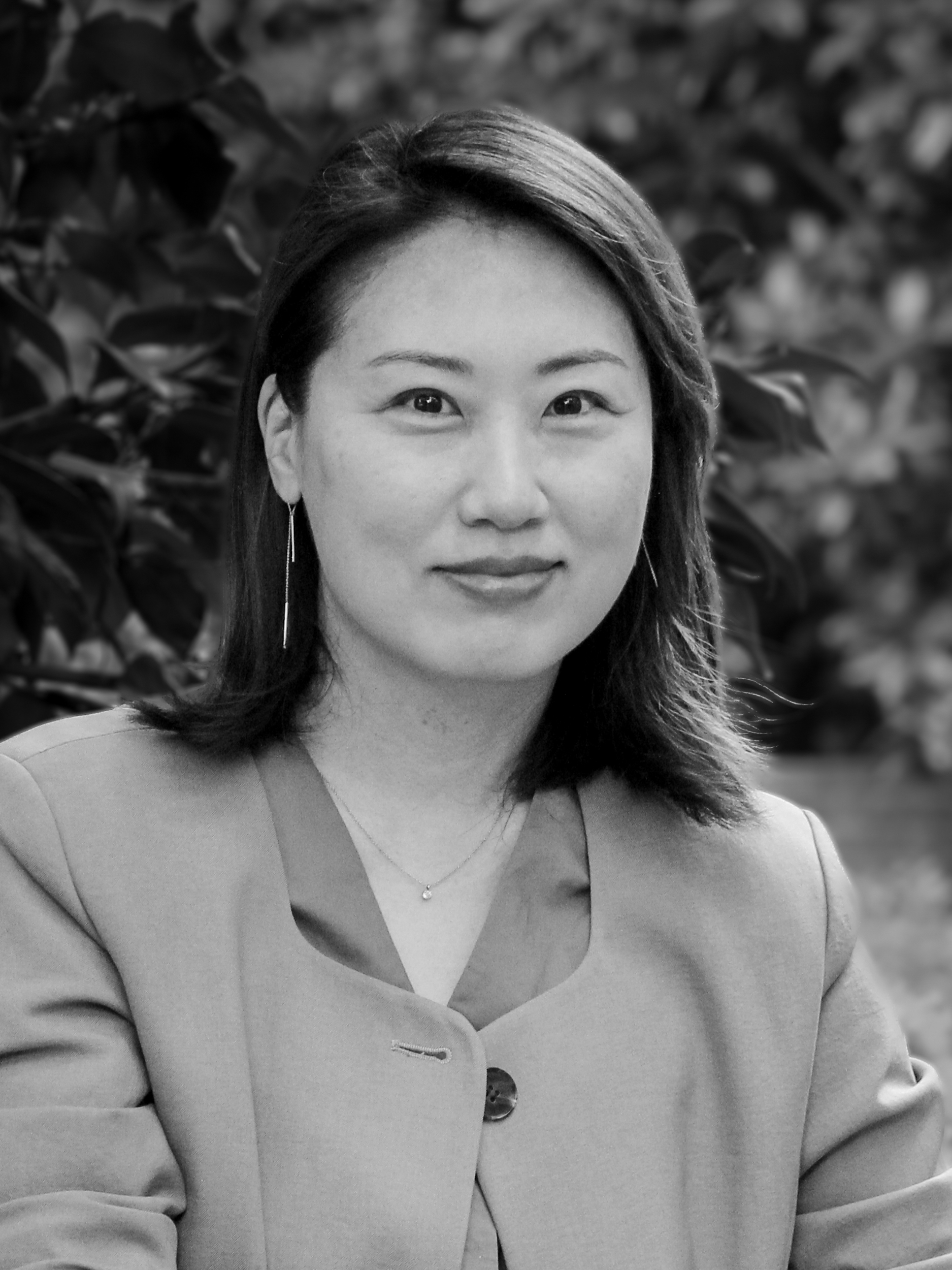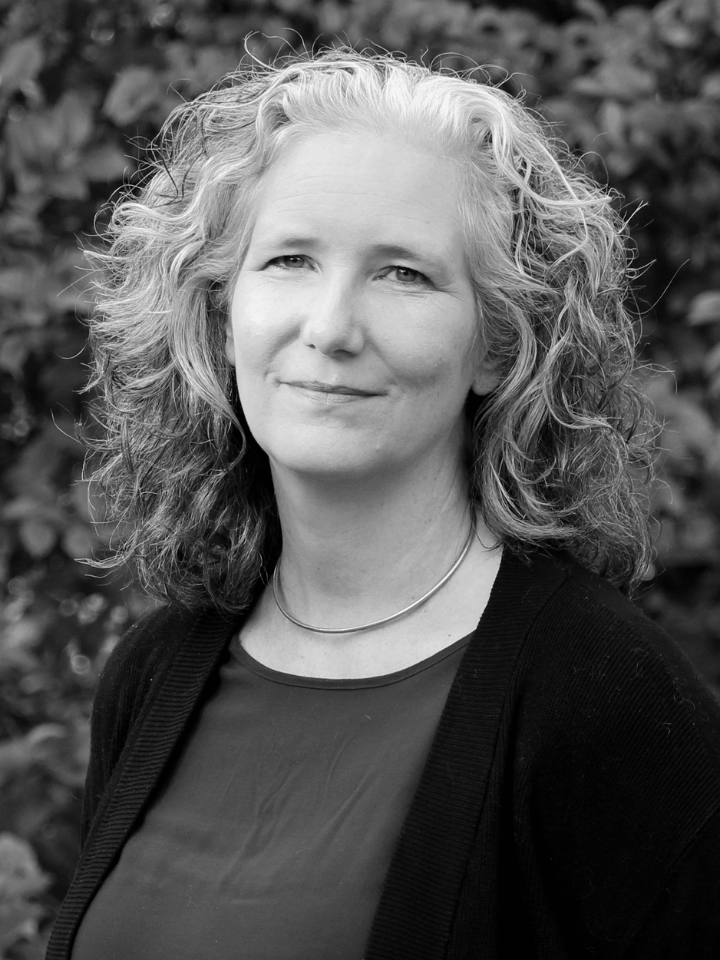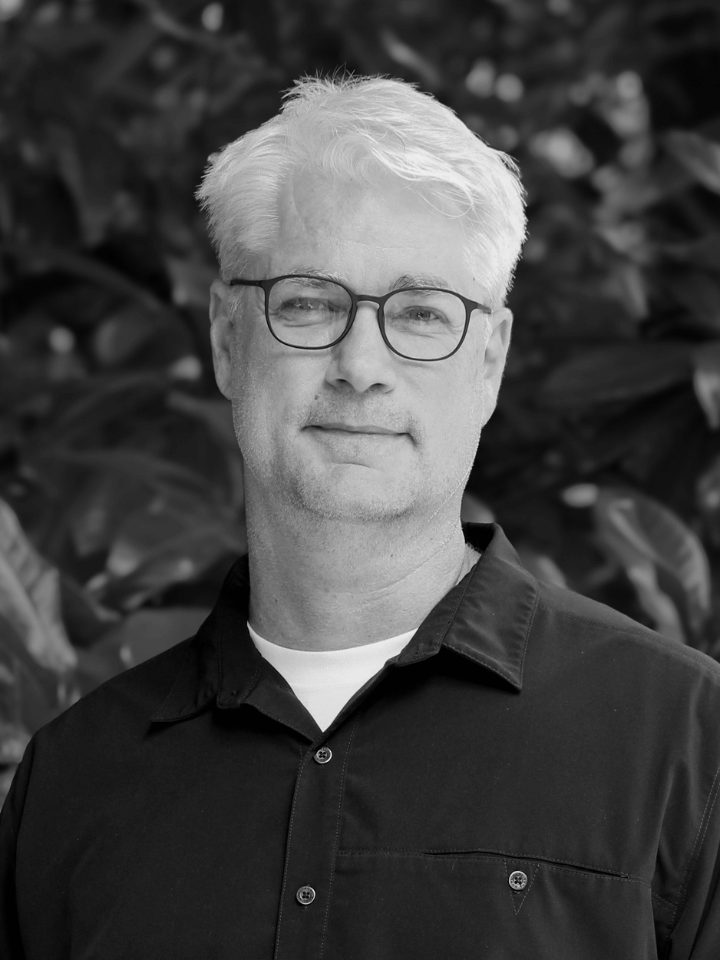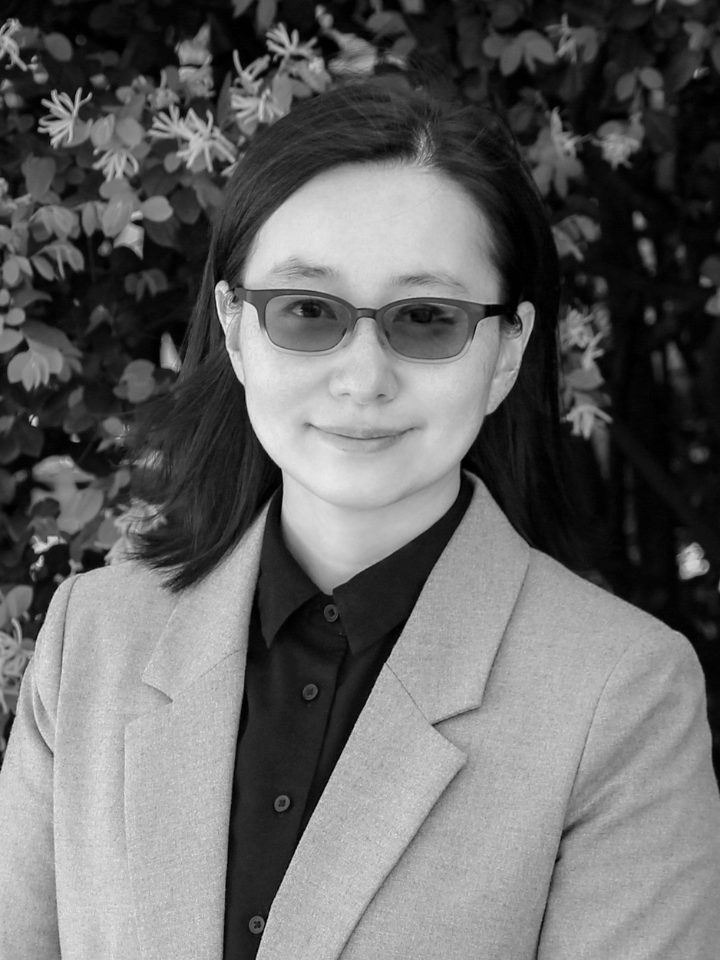Welcome to the Master of Landscape Architecture Program!
Although the profession of landscape architecture is small in terms of numbers of people, it is broad and versatile in application. Its science is founded in cultural and ecological analysis. Its art is to create places that are meaningful. Its ethic is the care of land and the people who live with it.
Landscape architects design communities and environments that aim to be ecologically sound, functionally efficient, and preserving of community values. They solve problems of development, protection and restoration. The land use contexts in which they work range from wilderness to city; the scale ranges from a multi-state region to a garden or courtyard.
The Master of Landscape Architecture (MLA) at the University of Georgia provides the foundational knowledge, practical skills and design expertise needed to engage in both public service and private practice of landscape architecture. It provides, through community engagement in service learning projects, development of the knowledge, skills and values required to attend to the health, safety and welfare needs of the people, communities and environment of the state of Georgia. In addition, it affords students the opportunity to focus and define their unique position within the profession through scholarly discovery, preparing them for a possible future in academia. The College of Environment and Design’s MLA program graduates students that are prepared to lead the profession as outstanding practitioners, educators and scholars in the planning, design, and management of the natural and built environment.
Initiated in 1954, Georgia’s MLA program is one of the oldest graduate landscape architectural programs in the country. Georgia possesses one of the largest full-time landscape architectural faculty in the country, ensuring that all specializations within the field are represented. Allied disciplines of environmental planning and historic preservation add to the culture of design discussion and criticism. Small graduate classes within the large, diverse school are supportive of intellectual and social debates. Each year the program selectively admits approximately 15-25 new students.
Programs of study range from one to three years, depending on a student’s educational and professional background. Students in the three-year track build on a variety of undergraduate backgrounds with their first professional design degree. Students with undergraduate degrees in design fields of architecture, landscape architecture and environmental planning enter the two, one and a half, or one-year tracks. The length of study required is determined upon acceptance into the program, and students are individually advised in order to best meet their goals for advanced study.
All MLA students are required to complete a written thesis in their last year of the program. Recent themes have included a broad range of design, planning and management initiatives including stormwater management, the role of public health and in landscape design, and open space planning. Specific topics have addressed the impact of rising sea levels on the Georgia coast, mitigation of an industrial landscape in Michigan, the potential for green roofs on parking garages, urban food forests, rainwater harvesting, the use of environmental art to engage communities with the impact of sea level rise, redefining memorials to re-imagine activism, and empowering the homeless through the design of inclusive public space. Students are encouraged to pursue a design application as the culmination of their thesis research.
MLA students participate in experiential learning throughout their course of study in a variety of ways. Faculty incorporate service projects within studios; students have a variety of options to study abroad during the summer months; and students usually complete at least one internship. Students have recently interned in a variety of locations beyond the southeastern United States including Colorado, California, Washington, Michigan, Massachusetts, New Jersey, New York, Virginia, India, and China.
Each spring the school hosts a career fair that brings professionals from all parts of the country to interview students for internships and entry level positions. Our extensive alumni network enables our students to find connections across the U.S. to support their job search endeavors.
Four endowed lecture series bring distinguished scholars and practitioners of landscape architecture, urban planning, and historic preservation for major lectures and extended meetings with students. Recent guests included Warren Byrd and Thomas Woltz, founder and current principal of Nelson, Byrd, Woltz; Thomas Rainer, principal of Phyto Studio and co-author of Planting in a Post-Wild World; Dr. James Hitchmough, professor at the University of Sheffield and designer of the Southern Hemisphere Garden at London Olympic Park; Dr. Jeffrey Hou, professor at the University of Washington and author of Now Urbanism: The Future City Is Here; and Andrea Wulf, author of The Invention of Nature.
Consistently ranked in the top ten or better by Design Intelligence, the MLA program holds accreditation by LAAB. All program tracks are included in the accreditation.





















